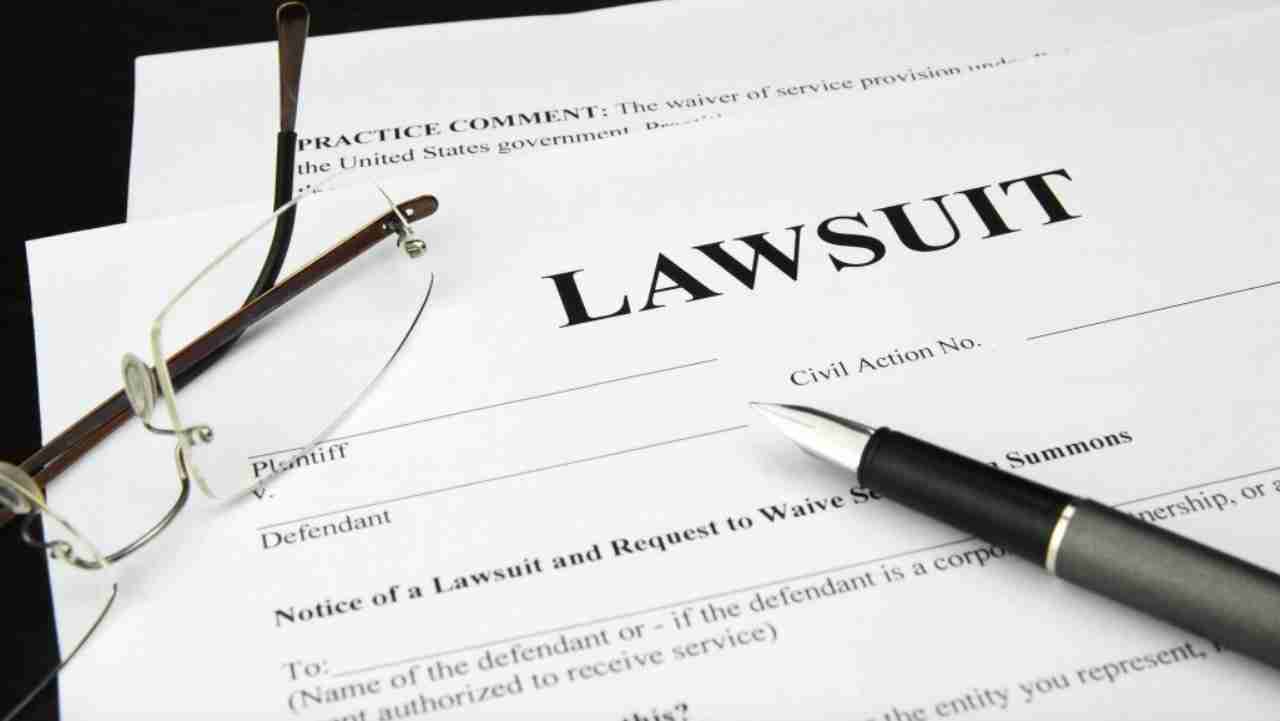Where a former employee sought an injunction requiring the United States Postal Service to follow non-discrimination policies and cease and desist all forms of harassment, harm and retaliation, but she no longer works for the postal service and did not plead any facts of an imminent and future harm, her motion was denied.
Background
Plaintiff is a former employee of the United States Postal Service, or USPS, and she proceeds in this action pro se. Plaintiff alleges that defendant violated Title VII of the Civil Rights Act of 1964 by harassing and retaliating against her because of her religious beliefs, her request for reasonable religious accommodations and her accusations of harassment and discrimination against USPS.
On Aug. 16, 2024, the court granted in part and denied in part defendant’s motion to dismiss. The court allowed plaintiff to proceed on her claims for failure to accommodate on the basis of religion, retaliatory physical harm, retaliatory harassment and retaliatory exclusion from meetings. Plaintiff now moves for a preliminary injunction and expedited discovery on these remaining claims, specifically requesting that defendant follow non-discrimination policies and cease and desist all forms of harassment, harm and retaliation.
Injunction
Plaintiff cites her previous injury resulting from the October 2022 air-horn incident and her resulting tinnitus diagnosis as the irreparable harm suffered. She also contends that defendant’s continued violation of Title VII of the Civil Rights Act of 1964 establishes irreparable harm. Even viewed broadly, the court does not find that these alleged injuries are sufficient to present an imminent and future harm in the absence of a preliminary injunction.
First, these events occurred in 2022, and past harms do not show that continued harm is “actual and imminent.” Plaintiff’s alleged past harm is not sufficient for the court to predict the likelihood of future harm here, and plaintiff does not allege any future harm that may come to her during the pendency of this suit.
Second, plaintiff does not allege any injury that “cannot be fully rectified by the final judgment after trial.” Plaintiff seeks damages, medical costs and an order that defendant cease religious discrimination and begin accommodating plaintiff’s religion. However, as the Fourth Circuit has stated, “Where the harm suffered by the moving party may be compensated by an award of money damages at judgment, courts generally have refused to find that harm irreparable.”
The record also shows no reason to suspect plaintiff will suffer further discrimination from defendant before this case is finished. Plaintiff voluntarily resigned from her employment with the USPS in 2023. Because plaintiff is no longer employed with USPS, there is no “status quo” for a preliminary injunction to protect with respect to defendant’s treatment of plaintiff as an employee. The parties have no apparent relationship or interaction outside of this lawsuit. In other words, a preliminary injunction would not benefit plaintiff at this stage of litigation.
Expedited discovery
When considering a motion for expedited discovery in the context of a preliminary injunction, courts in the Fourth Circuit have applied a modified preliminary injunction test. This test requires a plaintiff to make “a strong showing of merits and irreparable harm” in order to demonstrate that “expedited discovery is warranted.”
As discussed above, plaintiff failed to show she would suffer irreparable harm in the absence of a preliminary injunction, and the court determined that plaintiff’s motion for preliminary injunction should be denied. Under the circumstances presented here, expedited discovery is not warranted in this case.
Plaintiff’s motion for preliminary injunction and expedited discovery denied.
Rose v. DeJoy, Case No. 3:23-cv-405, Feb. 4, 2025. EDVA at Richmond (Hudson). VLW 025-3-047. 9 pp.


Add your first comment to this post